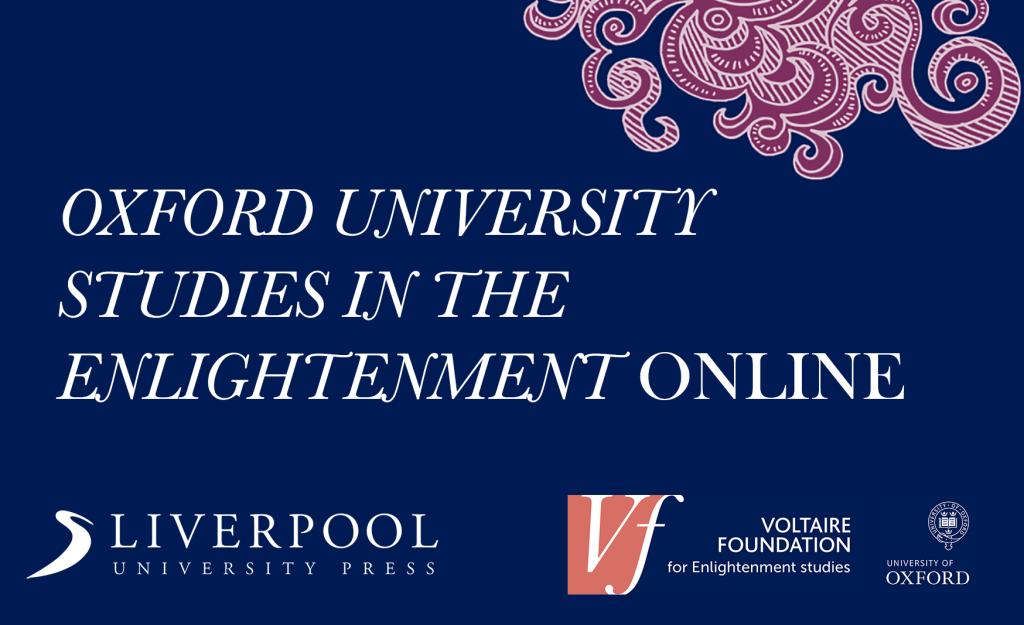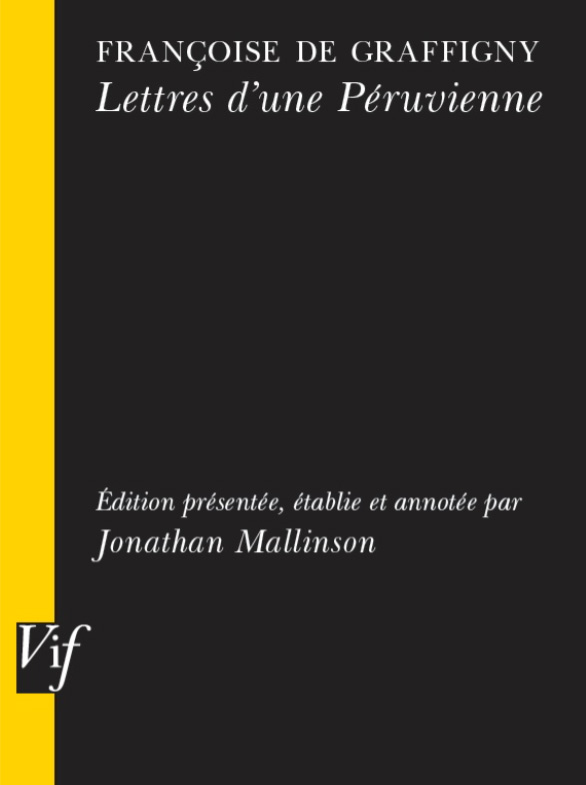Besterman’s vision for Studies on Voltaire and the Eighteenth Century
In a report written on January 20, 1950 to his newly formed “International Advisory Committee,” Theodore Besterman noted that his “search for Voltaire correspondence had brought to light other manuscript material;” he envisioned publishing “many by-products” with the hope that his efforts on the correspondence would lead to “something bigger”[1]. In May of that year, he wrote to Norman Torrey, a member of the advisory committee, that out of frustration with the lack of activity among other publishers, “I have decided to establish a new series, Eighteenth-Century French Studies”[2]. The same day, he wrote to André Delattre, inquiring if he had found a publisher for his repertory of Voltaire letters, and explained the rationale for “a new series of Eighteenth-Century French Studies. This is for various reasons… partly because of the intolerable publications bottle-neck in this country”[3].
That July he reported to the same advisory committee “I am to edit a series entitled ‘Eighteenth-Century French Studies’, the first volume of which will be an edition of Voltaire’s note-books”[4]. In September, he wrote to his closest collaborator, Bernard Gagnebin, that he would retain material that could not be included in the edition of the correspondence “pour les Eighteenth-Century French Studies, en français naturellement”[5].
By April 1952, he was at work planning out the envisioned Institut-Musée Voltaire in Geneva, and he wrote to Herbert Dieckmann, who had recently discovered the Diderot manuscripts, that “if the institute is established, it is my intention to set upon foot a publications policy to enable such undertakings as a critical edition of Diderot’s works at the expense of the institute and without interference…” He continued, “The endless talk that goes on about the crisis in learned publication seems to me singularly unprofitable; what is needed is to do something”[6].
That something, of course, would be the Institut-Musée Voltaire. In early September, 1954, as he prepared for the public launch of the Institut the following month, he wrote to Pierre Lelievre, the influential French art historian then working under Julien Cain overseeing all French public libraries, and who provided him essential assistance in obtaining Voltaire manuscripts from provincial French libraries. He expressed to Lelievre his joy to have the latter’s collaboration in the preparation of “le premier volume”[7] of a new series.
In November 1954, having now formally established and publicly launched the Institut, and having published the Notebooks as well as the initial volumes of the Correspondence, he wrote again to Torrey and mentioned the need for a serial, conceived as a venue for additional manuscript material, now referred to as the “Travaux sur Voltaire”[8]. The first volume did appear in 1955 and with its second volume, in 1956, adopted the title Studies on Voltaire and the Eighteenth Century; it has continued to appear mutatis mutandis for nearly 70 years, since 2015 as the Oxford University Studies in the Enlightenment. Besterman had envisioned it not only as a companion to the Voltaire correspondence (which would itself evolve into the Oeuvres complètes de Voltaire) but as the basis for a wide-ranging publication program of source material and commentary on eighteenth-century French literature.
Oxford University Studies in the Enlightenment ONLINE: An expansion of the archive for 2024

This year, through the expansion of its online offerings of digital editions of Voltaire Foundation publications, Liverpool University Press has brought together a collection that fulfils the original vision of Besterman. This began in 2019 with the publication of the Oxford University Studies in the Enlightenment ONLINE ebook collection including over 500 volumes of the series published up through 2016. This year, the online collection is expanding, in two ways.
First, the collection will be enhanced with 57 additional volumes from the Oxford University Studies in the Enlightenment print series, published from 2017 through 2021. Almost every major development in eighteenth-century scholarship of the past few years is well represented in this set. This includes a number of particularly noteworthy volumes, in literature, history, art history, philosophy, environmental studies and two volumes in digital humanities scholarship. Geographically there are books covering France, Britain, Italy, Greece, Russia, China, Persia, Mexico and the Caribbean. Authors range from Rousseau and Bernardin de Saint Pierre to Linneas and Buffon to Beccaria and Vico to John Millar, Potocki, Catherine the Great, and, of course, Voltaire. Topics covered range from history of sexuality and libertine fiction to classical tragedy and from volcanoes and geographers to scepticism, atheism and the Catholic enlightenment to slavery and republican political theory. Here one can read works on the emergence in the eighteenth century of empirical historiography, the art of letter writing, the aesthetics of history painting, and the work of creating an encyclopaedia.
This collection includes critical editions such as the Marquis d’Argenson’s Considerations sur le gouvernement and the journal of the naturalist Pierre-Joseph Amoreux, to the translation of Vincenzo Ferrone’s major study on the rights of man. From established scholars to debutant students to non-specialists seeking a resource on the Enlightenment, all will find value in having such a broad and rich range of scholarship accessible with only a few clicks and searchable with only a few keystrokes.
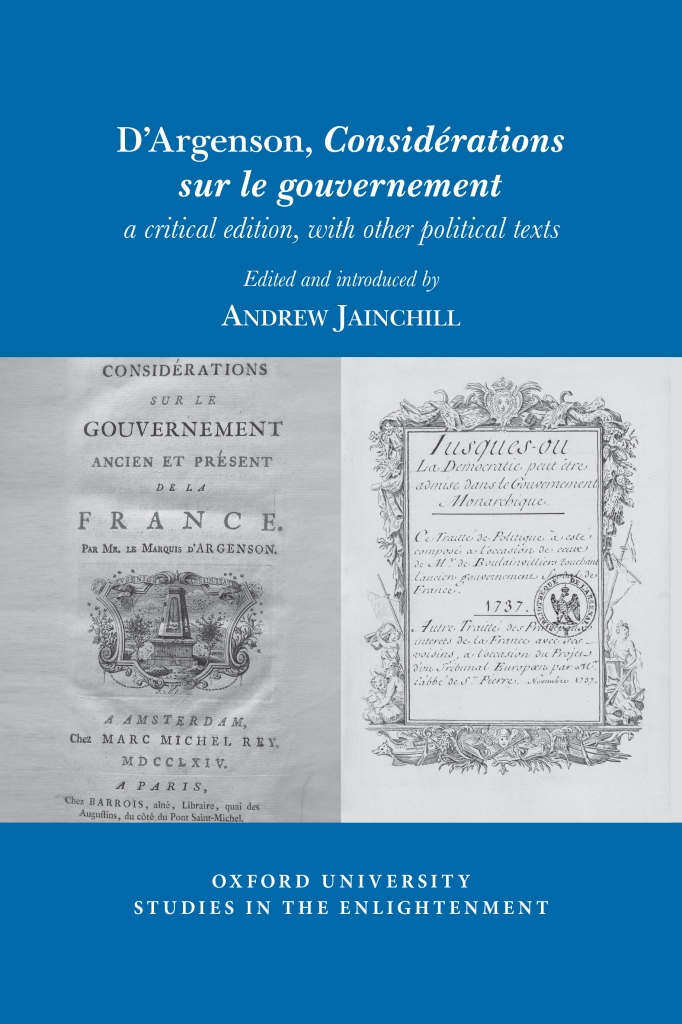
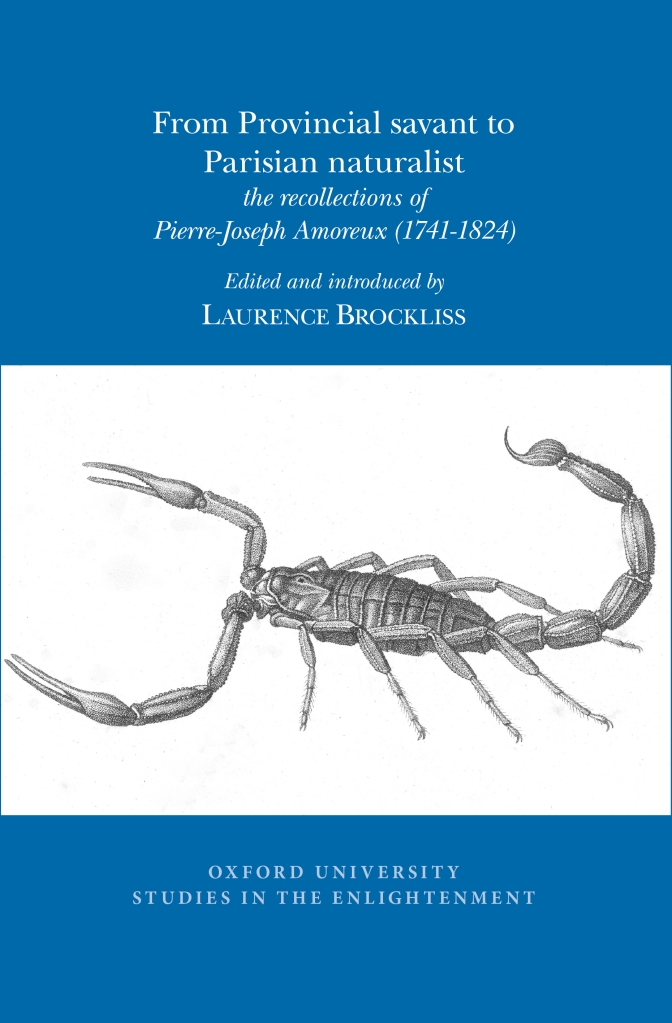
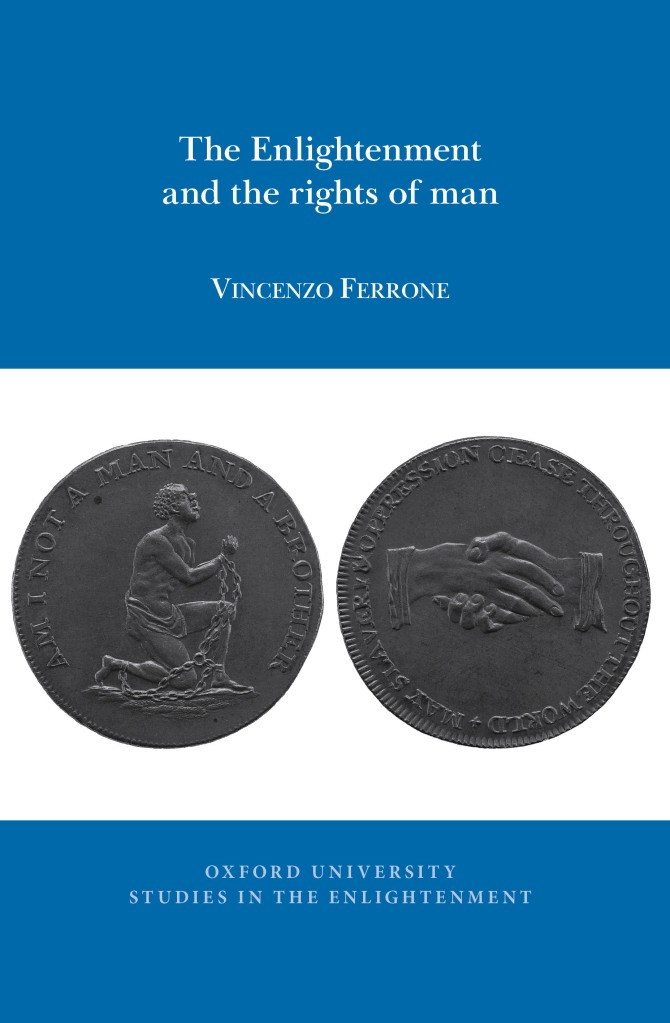
This collection had already been enhanced, in 2023, with the inclusion of 9 volumes published in the Vif series, combining texts and commentary. It had also included two special volumes, available Open Access, including a collection of essays on Voltaire’s contes and nouvelles for the 2020 Agregation and by Robert Darnton’s 2022 lecture, “Theatricality and Violence in Paris, 1788,” delivered to commemorate the historic occasion of the celebration of the completion of the Oeuvres complètes de Voltaire.
This year, the digital collection will expand further with the inclusion of several major Voltaire Foundation editions of texts and commentaries available in digital format for the first time. This includes 5 collections of correspondence by leading eighteenth-century figures – La Beaumelle, Helvétius, André Morellet, Pierre Bayle and Madame de Graffigny (accompanied by an edition of her Lettres d’une peruvienne). The enhanced collection will also include the complete works of Montesquieu accompanied by several volumes of interpretive essays on Montesquieu (entitled Cahiers Montesquieu). Finally, the expanded collection includes a series of clandestinely published texts expressing Enlightenment free thought:
- Correspondance de Madame de Graffigny
- Correspondance de Pierre Bayle
- Correspondance générale de La Beaumelle
- Correspondance générale d’Helvétius
- Lettres d’André Morellet
- Libre pensée et littérature clandestine
- Œuvres complètes de Montesquieu
Correspondance complète de Rousseau ONLINE: Immortalizing Rousseau
Equally significantly, for eighteenth-century French scholars, Liverpool University Press released in the latter part of 2023 a digital edition of Ralph Leighs masterful (and in the editor’s own word, “Immortal”) 52 volumes of the Correspondance complète de Rousseau.
Such a collection of source material, edited by the leading scholarly institute in the field, and enhanced with additional functionality for search and analysis, offers new opportunities for the study, and teaching, of the eighteenth century.
“The impossible dream”
Besterman, in 1950, promised “much bigger things” than just the Voltaire letters. He may have never dreamed of a digital archive of the Oxford University Studies in the Enlightenment as part of a larger Eighteenth-Century Studies Collection. But in so many ways, this umbrella collection represents a fulfilment of what he once called “the impossible dream.”
— Professor Gregory S. Brown, General Editor of the Oxford University Studies in the Enlightenment series.
[1] IMV MSS 19065
[2] IMV 22849, 31 May 1950
[3] IMV C 5764, 31 May 1950
[4] IMV MSS 19067
[5] IMV C-8250, 8 September 1950
[6] IMV C-6937, 2 April 1952
[7] IMV 13510, 6 September 1954
[8] IMV 22867, 26 November 1954
Find out more about Oxford University Studies in the Enlightenment ONLINE and Correspondance complète de Rousseau ONLINE.
More from the Voltaire Foundation: Digital Enlightenment Studies
Digital Enlightenment Studies (DES) is an open-access, international, peer-reviewed online scholarly journal published by the Voltaire Foundation (University of Oxford), dedicated to the application and exploration of new digital methodologies and resources for the interdisciplinary field of eighteenth-century studies.
Follow us for more updates
Sign up to our mailing list
Twitter | Instagram
www.liverpooluniversitypress.co.uk

